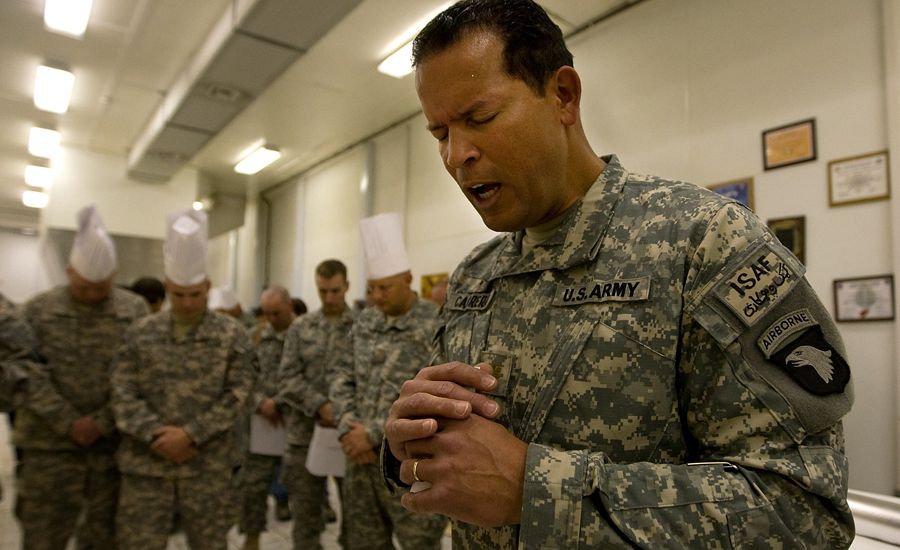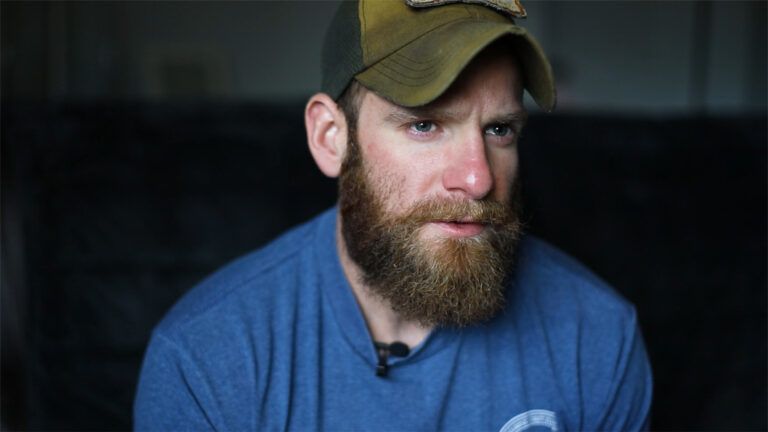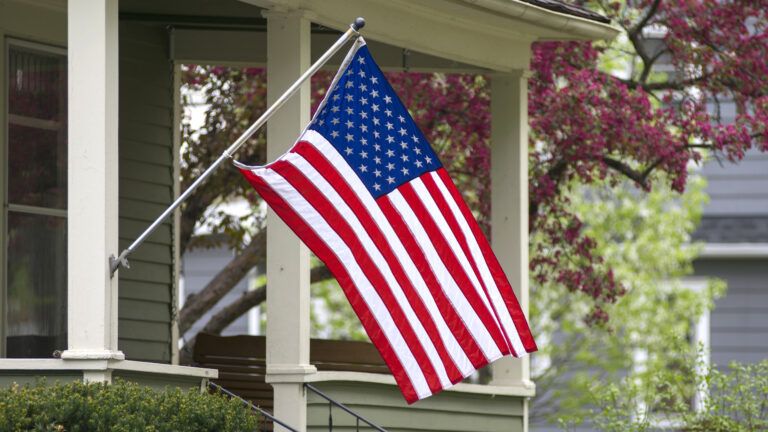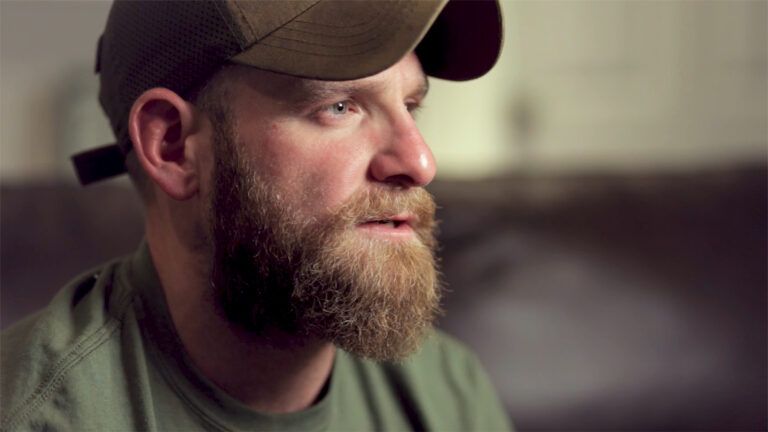Not long ago there was an article in The New York Times about soldiers looking to have atheist military chaplains in the armed forces.
An atheist chaplain? Isn’t that a contradiction in terms? And come to think of it, what does a military chaplain do anyway?
“It’s a tremendous opportunity to portray the generosity of God to others, not the stinginess,” says recently retired Army chaplain Col. Ken Sampson. “Just by your very presence and the symbol you wear on your collar, you’re making a significant reminder of that which is holy.” Those symbols could be a cross, a crescent, a tablet of laws, a wheel for the Buddhist chaplain.
A good chaplain gets to know his troops and makes him- or herself available. If a soldier has a personal matter, she can go to the chaplain and blow off steam, complain, ask for counseling, get another point of view and, yes, get spiritual help. But wouldn’t a good counselor do just as well?
“Not necessarily,” says Lee Lawrence, a writer and filmmaker who with her colleague spent three months in Iraq and Afghanistan to make their award-winning documentary Chaplains Under Fire. “The relationship with a counselor would have to be a lot more formalized. And it wouldn’t have the same confessional protection.”
A soldier is more likely to talk to a chaplain, knowing what he says can’t be shared. “Of course you’re going to point out some options where that person can go to get help,” says Chaplain Sampson. “But on the front lines, when a soldier doesn’t have the options, you’re like a social worker, spiritual advisor and family therapist all wrapped into one.”
Chaplains are required to minister to all, no matter what a soldier’s faith or non-faith. “If a chaplain is well loved and open to all, people don’t feel excluded by any language he uses,” says Lawrence. “I’ve heard chaplains say to a group, ‘I’m going to conclude this prayer in my tradition, you can conclude it in yours’ and no one seemed to be offended or feel excluded.”
Because a chaplain is an officer although not in the chain of command, he’s in a special position. The commanding officer can go to him to get a sense of what the troops are thinking, but he can also advise the officer. “I remember meeting a Navy chaplain,” says Lawrence, “who was the one person onboard ship who could and would tell the captain that he was being too strict.”
Before Lawrence made the documentary, she wasn’t sure that we should have any religious personnel in the armed forces. She is far more convinced of the chaplains’ value now. “One chaplain told me, ‘I don’t think any war is just, but as long as we’re sending young people out there then I want them to have spiritual support.’ That’s closer to how I feel now.”
“If a soldier wants to pray with me, I make it clear that yes, I’m a Protestant and I approach life from the perspective of a triune God, but I will pray with them no matter what their tradition,” says Sampson. “Once or twice in my 28 years have I ever had someone refuse. It’s sacred, that trust placed in you.”
The Guideposts Foundation supports our military chaplains. I am hardly unbiased. It’s a dreadful thing to have to send anyone off to war, but as long as soldiers are in combat, I want them to have all the spiritual support they can.







